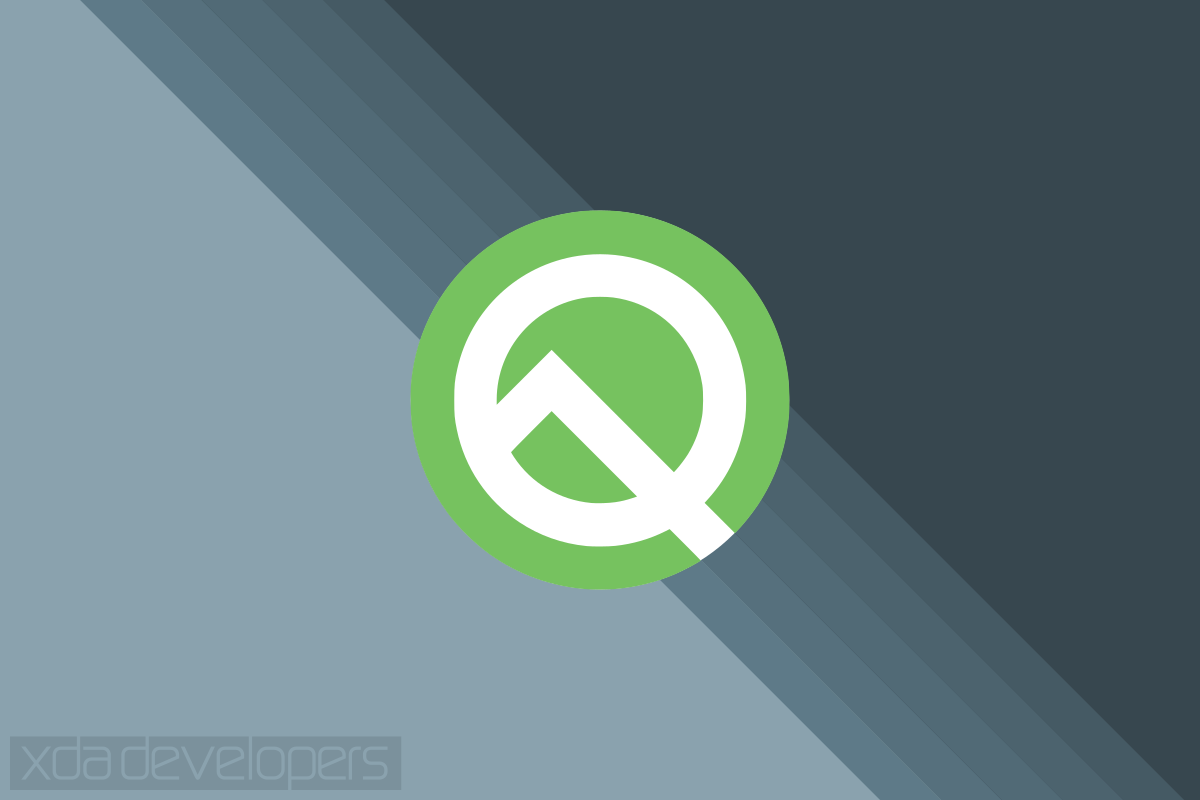Google just dropped the second Android Q beta for all three generations of Google Pixel smartphones, but they also released system images that will allow for any Project Treble-compatible smartphone to flash Android Q! Yes, Google has finally released generic system images (GSIs) of the latest Android version. That means non-Pixel smartphones can test the latest Android version, too.
As a reminder, Google announced Project Treble alongside Android 8.0 Oreo. Treble is a massive rearchitecting of the way Android works under-the-hood. It involves modularizing Android so that OEMs can push out software updates more quickly. Treble requires that devices launching with Android Oreo and above separate the vendor implementation such as the HALs, the software that the OS uses to communicate with the underlying hardware, from the Android OS framework. Google refined Treble's requirements with Android 8.1 Oreo and Android 9 Pie by fully implementing the VNDK (Vendor Native Development Kit) and introducing CTS-on-GSI (Compatibility Test Suite on Generic System Image) tests. Any device that launches with Android 9 Pie is considered Treble compatible by Google.
The way that Google asks OEMs to verify Treble support on their devices is by booting what's called a GSI. A GSI is a build of Android that's compiled straight from AOSP without any vendor modifications. A Treble-compatible device must be able to successfully boot a GSI that's flashed onto the system partition without modifying the vendor, boot, or any other partitions. Custom ROM developers on our forums have taken advantage of this by creating their own GSIs with added features, but Google also wants app developers to try flashing a GSI onto their own device so they can test their app(s) against the latest API level on their existing hardware.
The official Android Q beta GSIs were published today in 3 variants: ARM64+GMS, ARM64, and x86_64. You'll most likely want the ARM64+GMS version since that contains Google Play apps and services. Here's the build information that Google provided for all 3 variants:
Date: April 2019
Build: QPP2.190228.021-5411336
Build Type: experimental
Security patch level: 2019-04-05
Google Play Services: 16.0.88
To install the Android Q GSI on your device, you'll need to meet the following requirements:
- Your device launched with Android 9 Pie and is Treble-compliant.
- You have an unlocked bootloader so you can flash the system and vbmeta images over fastboot. (Google is still working on their method to install GSIs without unlocking the bootloader.)
Be warned that all hardware functionality is not guaranteed on these GSIs. Treble's tests don't verify that every hardware component on a device works, so don't expect the OnePlus 6T or Xiaomi Mi 9's in-display fingerprint scanners to work, for instance. Also, the GSI doesn't pass CTS, so if your app uses the SafetyNet Attestation API to verify that a device hasn't been tampered with, then it won't work. Lastly, Android Q is still in beta, so all other known issues applicable to the release for the Google Pixels will also apply here. On top of that, there are additional known issues such as failure to reboot, failure to hear audio during incoming calls, and issues with Bluetooth connectivity on Pixel devices.
To download and install the GSIs, please visit the link below.

